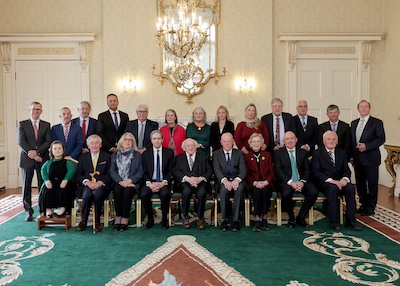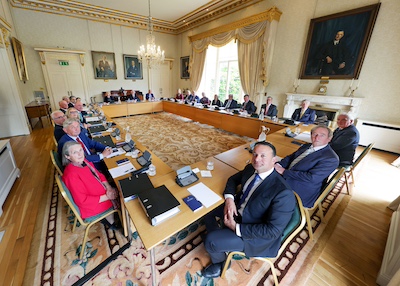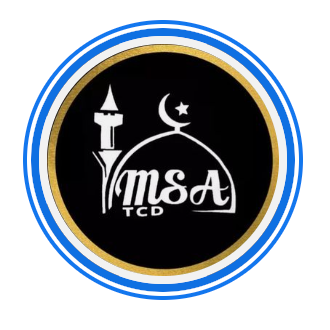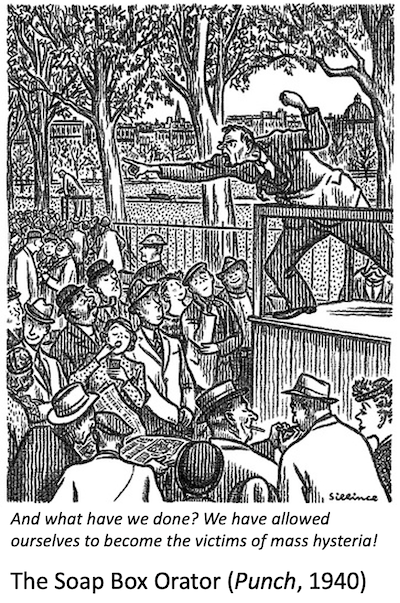 When it was handed down, I described the decision of Phelan J in Tallon v Director of Public Prosecutions [2022] IEHC 322 (31 May 2022) as an important judgment on the scope of the rights to freedom of expression and communication protected by the Constitution. It concerned the extent to which an anti-social behaviour order imposed pursuant to section 115(1) of the Criminal Justice Act, 2006 (also here) could permissibly restrain those rights.
When it was handed down, I described the decision of Phelan J in Tallon v Director of Public Prosecutions [2022] IEHC 322 (31 May 2022) as an important judgment on the scope of the rights to freedom of expression and communication protected by the Constitution. It concerned the extent to which an anti-social behaviour order imposed pursuant to section 115(1) of the Criminal Justice Act, 2006 (also here) could permissibly restrain those rights.
The Wexford District Court imposed an ASBO on the applicant prohibiting him from engaging in public speaking and recording anywhere within the environs of Wexford Town at any time. On a judicial review to the High Court, Phelan J quoted extensively from Barrington J’s judgment in Murphy v Irish Radio and Television Commission [1999] 1 IR 12, 24, [1998] 2 ILRM 360, 372 (28 May 1998) (doc | pdf) on the free speech rights protected by the Constitution. She held that those rights were engaged, and that the restraint of anti-social behaviour was a legitimate reason to justify the ASBO, but that the order was disproportionate. She therefore held that the ASBO made under section 115 of the Act was ultra vires, and she quashed two convictions (under section 117 of the Act (also here)) for breaching the ASBO.…

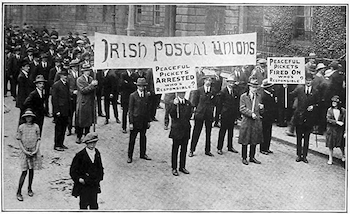
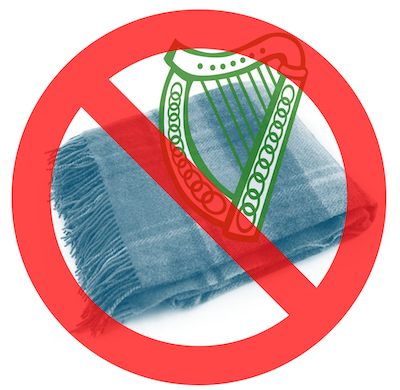 In my previous two posts, I considered the
In my previous two posts, I considered the 